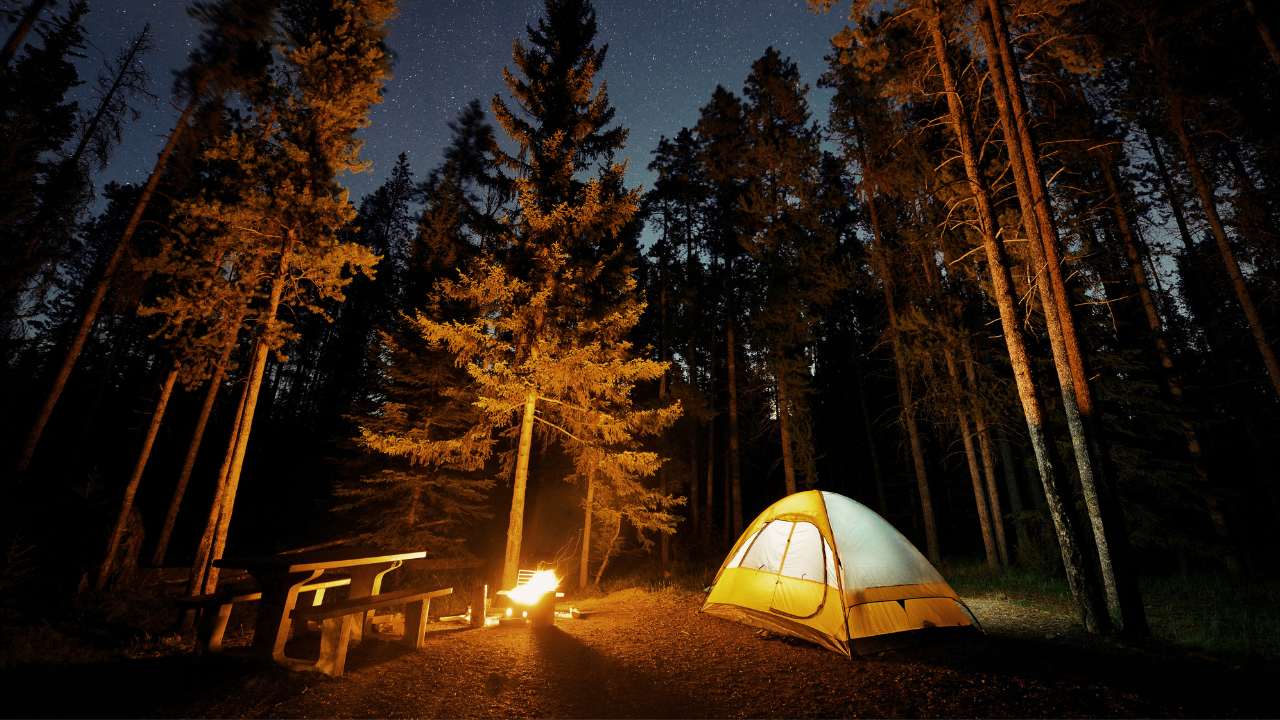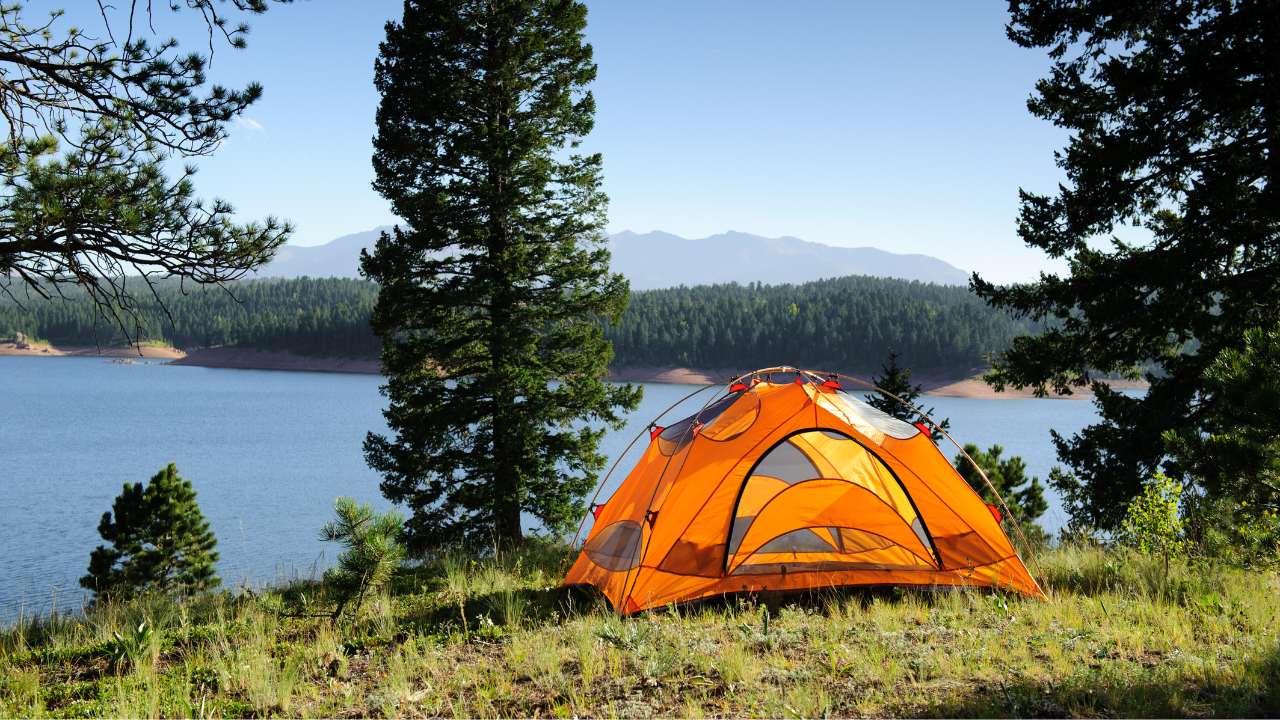
Camping is an exhilarating outdoor activity that allows you to connect with nature and escape the hustle and bustle of daily life. However, just like any other adventure, camping comes with its share of risks, including the possibility of common injuries. In this comprehensive guide, we will delve into the five most common camping injuries and provide you with valuable insights on how to prevent and treat them effectively.
1. Sprained Ankles: A Common Camping Woe
Sprained ankles are a prevalent injury among campers, especially when traversing uneven terrain or rocky paths. To prevent this painful mishap, consider the following precautions:
Proper Footwear: Invest in sturdy, ankle-supporting hiking boots that provide ample traction.
Watch Your Step: Always be vigilant while walking, and pay close attention to where you place your feet. Avoid high-risk areas.
Stretch Before Hiking: Engage in ankle-strengthening exercises and stretches before embarking on your hiking adventure.
In case of a sprained ankle:
Rest and Elevation: Rest the injured ankle and elevate it to reduce swelling.
Ice: Apply an ice pack wrapped in a cloth to the affected area for 15-20 minutes every hour.
Compression: Use an elastic bandage to compress the ankle and provide support.
Professional Help: If the pain persists, seek medical attention promptly.

2. Insect Bites and Stings: Nature’s Unwanted Welcome
Insects are an inevitable part of camping, but their bites and stings can be bothersome. To fend off these pesky critters:
Insect Repellent: Apply insect repellent on exposed skin to keep bugs at bay.
Protective Clothing: Wear long sleeves, pants, and a hat to minimize exposed skin.
Campsite Selection: Choose a campsite away from stagnant water sources, as they attract insects.
For treating insect bites and stings:
Clean the Area: Wash the affected area with soap and water.
Antihistamines: Over-the-counter antihistamines can alleviate itching and swelling.
Cold Compress: Apply a cold compress to reduce pain and inflammation.
3. Sunburn: The Unwanted Souvenir
Camping often means extended exposure to the sun. To shield yourself from painful sunburn:
Sunscreen: Apply a broad-spectrum sunscreen with SPF 30 or higher, even on cloudy days.
Protective Gear: Don a wide-brimmed hat, sunglasses, and lightweight, long-sleeved clothing.
Stay Hydrated: Drink plenty of water to stay hydrated and maintain healthy skin.
To treat sunburn:
Cool Compress: Apply a cold, damp cloth to soothe the affected area.
Aloe Vera: Use aloe vera gel to moisturize and alleviate discomfort.
Pain Relief: Over-the-counter pain relievers can help with pain and inflammation.
4. Poisonous Plants: Identifying and Avoiding
Poison ivy, oak, and sumac are common culprits when it comes to camping-related skin irritations. To steer clear of these plants:
Identification: Familiarize yourself with the appearance of these plants and avoid touching them.
Wear Gloves: When handling firewood or foraging, wear gloves to protect your hands.
If exposed to poisonous plants:
Wash Immediately: Rinse the affected area with cold water and mild soap.
Clothing: Launder any clothing that may have come into contact with the plant.
Seek Medical Attention: If a rash develops or the reaction is severe, consult a medical professional.
5. Dehydration: The Silent Threat
Dehydration can sneak up on you during camping trips, especially in hot weather or at high altitudes. To stay well-hydrated:
Water Supply: Carry an adequate supply of clean drinking water and a water purification method.
Regular Hydration: Drink water regularly, even if you don’t feel thirsty.
Avoid Alcohol and Caffeine: Limit consumption of alcohol and caffeine, as they can dehydrate you.
In case of dehydration:
Rehydrate: Sip on an oral rehydration solution or drink water slowly.
Rest: Take a break in a shaded area to cool down.
Medical Attention: If symptoms worsen, seek medical help.
Finale
Camping is a wonderful way to connect with nature and create lasting memories. By following these precautions and knowing how to address common camping injuries, you can ensure a safer and more enjoyable outdoor experience. Stay safe, be prepared, and embark on your camping adventures with confidence.

